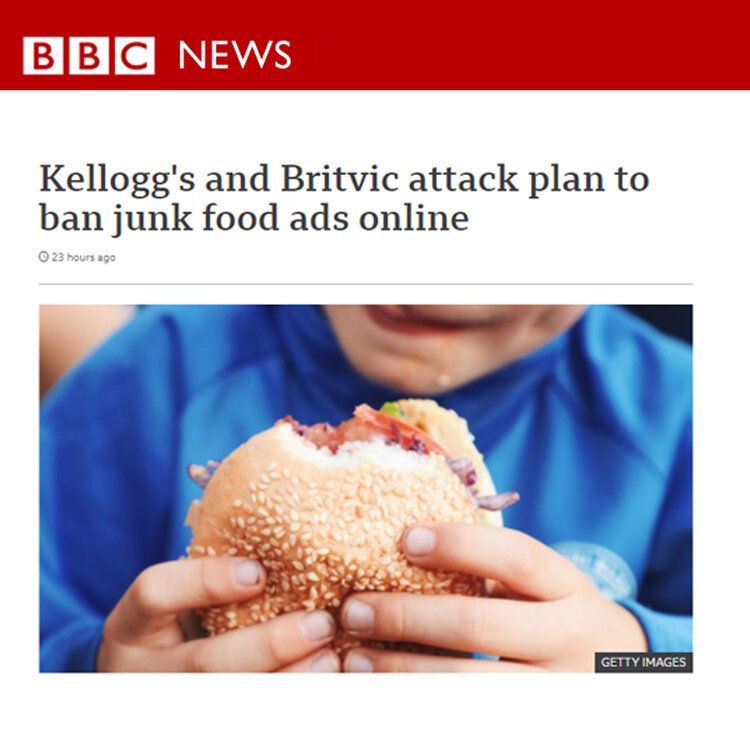Fruit juices and smoothies
Although sales of fruit juice and smoothies have dipped in recent years, with the spotlight on sugar’s links to obesity and tooth decay, we’re still drinking huge amounts of them. We are also embracing the Californian trend for juicing at home, inspired by celebrities such as Gwyneth Paltrow, believing that making drinks from all-natural ingredients must be good for us…
UK retailers report booming sales of juicers, including new generation machines that claim to make juice a healthier option by retaining more nutrients and fibre. Meanwhile, consumers are lapping up cookbooks and food websites featuring recipes for rainbow-hued drinks designed to make us glow with good health.

So what IS the problem with juicing?
Juicing releases the sugars in fruit and removes the insoluble fibre; blending also releases the sugars and tears apart the insoluble fibre. Most of the sugar in fruit is fructose, which can only be processed by the liver. A small amount of fructose, in an apple for example, does us no harm because we consume it along with the fibre. Fibre protects us against the effects of fructose by slowing its absorption, and also makes us feel full.
Fructose in liquid form (especially when its concentrated in juices or smoothies) stops the liver from doing its job properly, which is linked to a range of health problems, including obesity, type-2 diabetes and increased fat production, including in the liver itself.
Experts also maintain that fructose fools our brains into thinking we are still hungry – causing us to overeat and is addictive, making us crave more.
Dr Robert Lustig, US obesity expert and author of Fat Chance: The Bitter Truth About Sugar, is unequivocal. ‘’Calorie for calorie, fruit juice is worse for you than fizzy drinks’’ – BBC Good Food.
https://www.theguardian.com/…/robert-lustig-sugar-poison
As the official guidelines currently stand, a 150ml glass of unsweetened 100% fruit or vegetable juice counts as 1 of your 5-a-day, but no more. To put it simply, juice can NEVER truly count as one one of your 5-a-day (no matter how much you drink) because it doesn’t contain the fibre found in whole fruits and vegetables. Despite what Innocent Smoothies would have us believe, fruit juices are concentrated sugar.. and that is a metabolic poison





